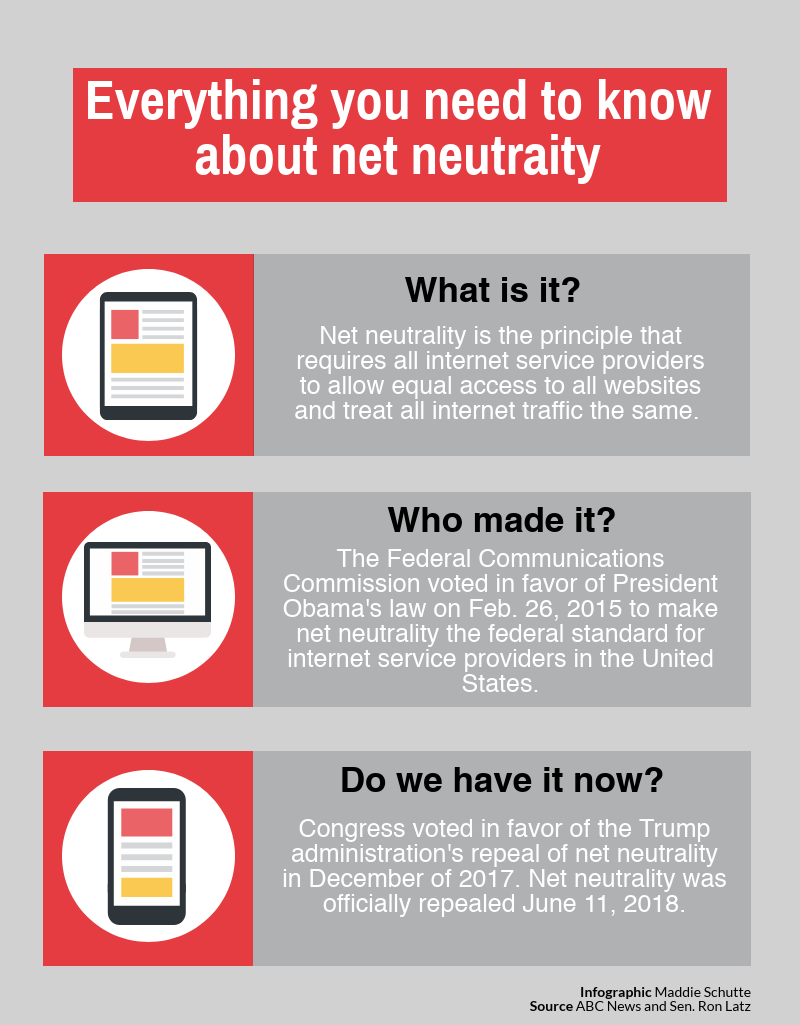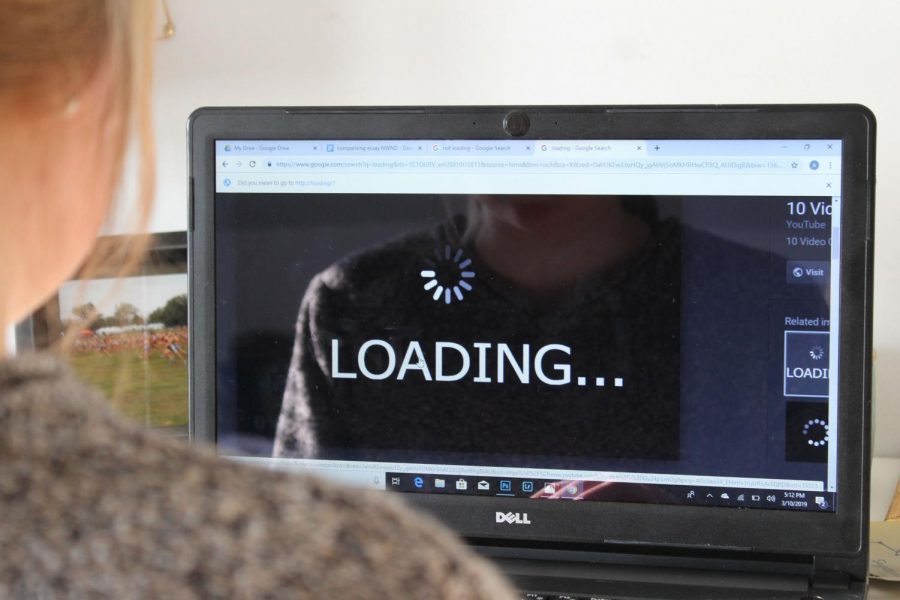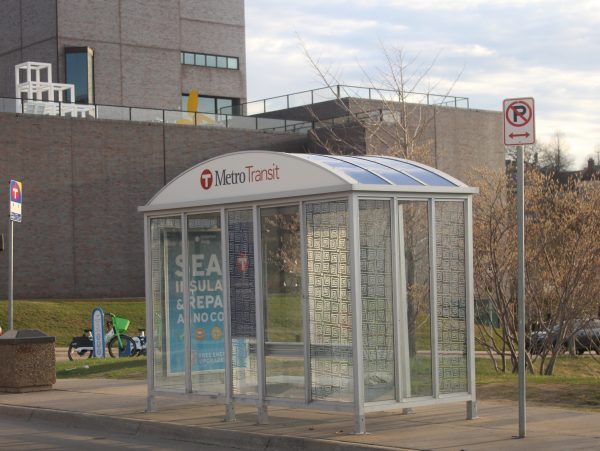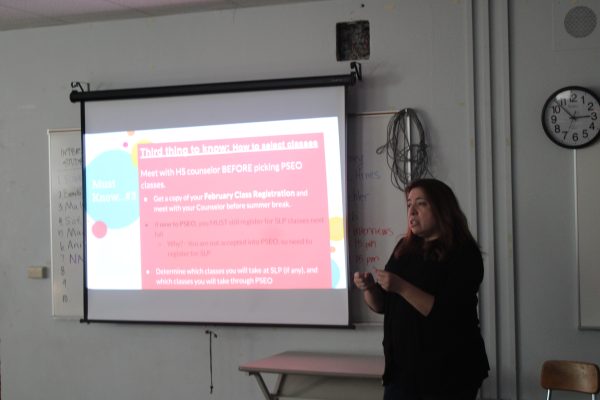Sen. Latz pushes for net neutrality in Minnesota
New net neutrality bill lacks support in Minnesota Senate
April 11, 2019
After the federal standard of net neutrality was repealed in 2017, Sen. Ron Latz said he decided to introduce a bill into the Minnesota Senate that will reinstate net neutrality in Minnesota. His bill will prevent small businesses and low-income individuals from being at a disadvantage.
“Up until just a couple years ago, the federal practice was net neutrality, and they changed it. So we would implement net neutrality to all companies that want to do business with the state of Minnesota or local governments,” Latz said.
According to Latz, net neutrality insures that all companies have equal access to internet services and will not be charged differing amounts for their use. The bill will insure that internet service providers will have to follow net neutrality standards when doing business in Minnesota.
“(Having net neutrality means) regardless of how big or small they are as a company, they won’t be charged different fees for internet service. They won’t be slowed down or sped up by the providers to give an advantage or disadvantage to other companies,” Latz said.
Sophomore Koby Davis said Latz’s bill will be beneficial in protecting consumers from companies abusing their power.
“I think (the bill) will make sure that businesses can’t take advantage of customers if they have a monopoly over the market and make sure that everyone has equal opportunity,” Davis said.

According to Latz, he intends for the bill to assure that small businesses who lack resources aren’t taken advantage of.
“Small businesses that may not have the kind of resources to pay for higher speed service on the internet will be at a disadvantage compared to companies, like YouTube, that do have the resources to pay,” Latz said. “This would help small businesses especially and level the playing field against their competitors.”
Junior Maggie Klein said she feels that low-income consumers need net neutrality to prevent them from falling behind those who could afford internet access.
“I think net neutrality is a really important thing we should all have. Nobody should have to pay more for internet — that would discriminate against people who can’t afford it, and they wouldn’t have the same access to information,” Klein said.
Davis said that those opposed to net neutrality should take into consideration how it might affect them.
“If (people) don’t (support net neutrality) they’re going to get ripped off by companies who have complete control over a business, like Google,” Davis said. “Everyone uses Google, and if they started charging for their services, they would have a complete capital on the market and something like that would be difficult for people to use in their day-to-day life.”
Latz said that without net neutrality, internet providers are able to charge consumers whatever is necessary to walk away with the biggest profit.
“Internet service providers can charge everyone more or charge more to the smaller companies if they want to have a bigger buy and bigger businesss. They could charge less to the bigger companies too and play around with it to see how they can maximize their profit,” Latz said.
With the Judiciary Committee refusing to provide a hearing for his bill, Latz said he believes it’s because the business community is against net neutrality, which also reflects the beliefs of the majority in the Minnesota Senate. However, Latz said he will continue to push for this bill to be passed.
“I think the business community and the bigger businesses, who have more impact on the process, like not having net neutrality, and the local people feel the same way,” Latz said. “The current majority in the senate feel the same way, so that makes it harder for me to get a hearing. They just want to shut it down.”














